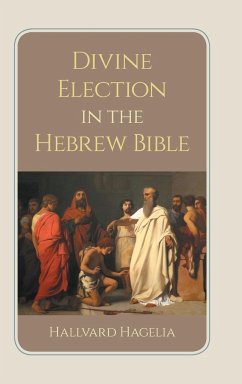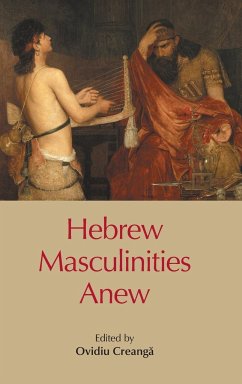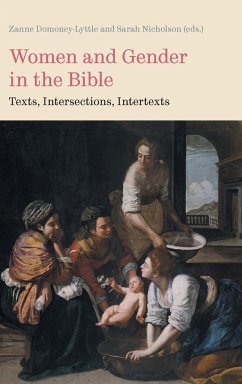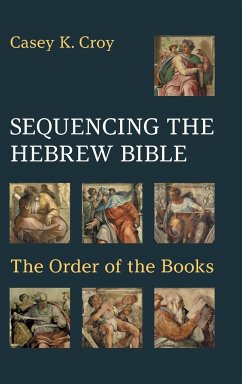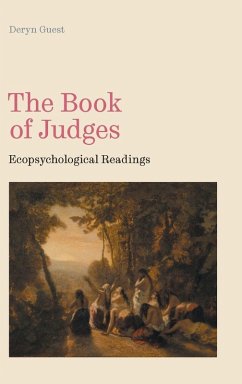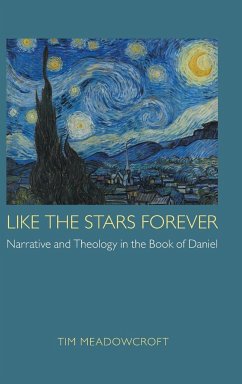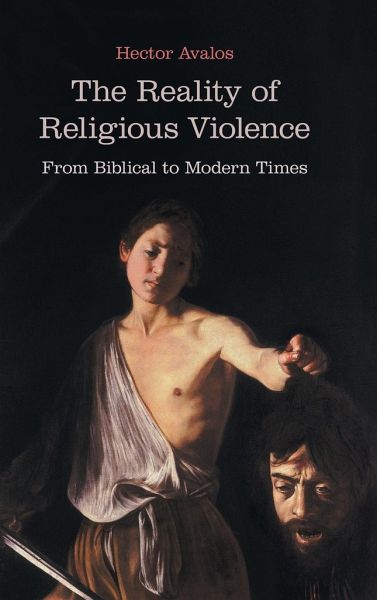
The Reality of Religious Violence
From Biblical to Modern Times
Versandkostenfrei!
Versandfertig in 1-2 Wochen
91,99 €
inkl. MwSt.

PAYBACK Punkte
46 °P sammeln!
Violence and religion have been interacting from the beginning of recorded history according to The Reality of Religious Violence: From Biblical to Modern Times. This book addresses two major questions: 1. Does religious violence exist? 2. If so, how is it different from other types of violence? The first question is a reaction to a whole stream of scholarship led by William T. Cavanaugh, author of The Myth of Religious Violence (2009), which denies that religious violence is a specific category of violence over against many other types of violence that we can name. The second question is whet...
Violence and religion have been interacting from the beginning of recorded history according to The Reality of Religious Violence: From Biblical to Modern Times. This book addresses two major questions: 1. Does religious violence exist? 2. If so, how is it different from other types of violence? The first question is a reaction to a whole stream of scholarship led by William T. Cavanaugh, author of The Myth of Religious Violence (2009), which denies that religious violence is a specific category of violence over against many other types of violence that we can name. The second question is whether ‘religious violence’ is a useful category at all. This book argues that religious violence is not only a useful category, but also a necessary one if we are to understand our history and seek solutions. It is true, nevertheless, that wars and other types of violence can be caused by problems that have nothing to do with religion. What is central to this book is the ethical quality of religious violence. Non-religious violence arises from causes one can detect (e.g. oil, water, money). Religious violence does not have any detectable cause, since there is no supernatural force or being that we can identify as the cause. That is what makes religious violence more tragic. Detailed examples are drawn from the Hebrew Bible, Christian texts, and Muslim texts.





